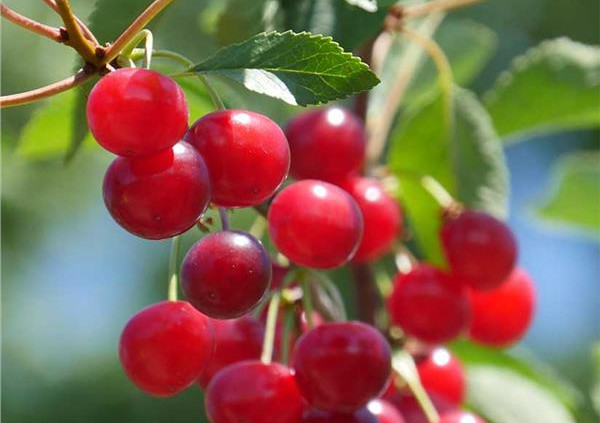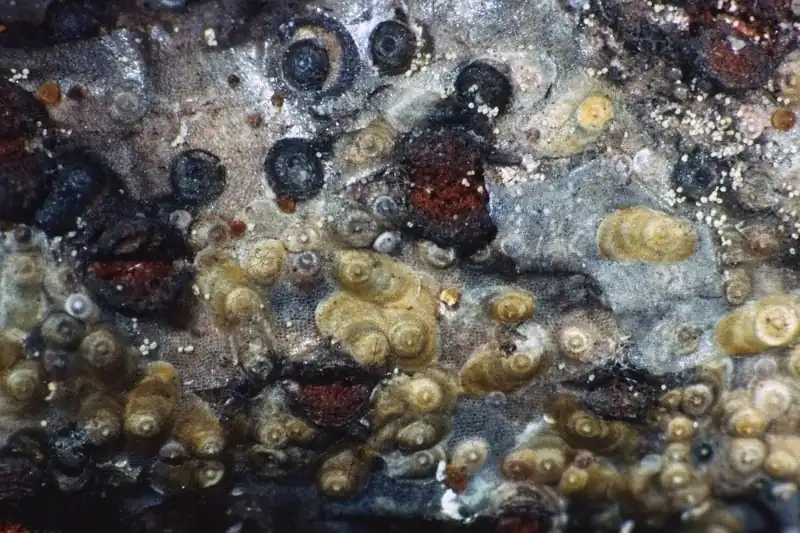On 7 January, Giddings launched in its China office the Prim 2.5 variety from the German-origin CERASINA genetic programme, developed by geneticist Peter Stoppel.
These early harvested cherries are distinguished by their flavour, balance between sweetness and acidity, crisp and juicy texture and post-harvest quality.
The presentation of this variety in the main Chilean cherry market was made with fruit harvested from a trial block in the company's Cauquenes area, anticipating what will be the next season, when commercial orchards will come into production.
Gonzalo Matamala, Giddings Fruit's manager for Asia and China, told Redagrícola that this variety 'is earlier than Santina and is characterised by great firmness. In the work we did in Shanghai with customers, they were surprised by the firmness and flavour of the fruit, despite the fact that it was picked and packed in December, so the fruit was 35 days from harvest and still had 22 degrees brix and exceptional firmness'.
Giddings, which is the only Chilean company to market varieties of Cerasus, has been planting and developing them in the Chilean market for several years with a view to the Chinese market, "in order to cover the tails of the curve, i.e. the beginning and the end, with a different variety, characterised by flavour and hardness," Matamala explains.
In this sense, he explains that a few years ago they carried out this same launch activity for the 'Final' variety, which reached record prices in March last year, at the final stage of the curve.
"That is why we are very happy with the reception that Prim 2.5 has had, because it comes before a very popular variety in the Chinese market, Santina, with a very good flavour and crispness," Matamala concludes.
Source: Redagrícola
Image: Cerasina
Cherry Times - All rights reserved










